Does the idea of heading to the veterinary clinic with your pet invoke feelings of stress and uncertainty? At Highlands Veterinary Hospital, we know that veterinary-related pet anxiety is real, but it doesn’t have to be commonplace. Learn how to decrease your stress level, and your pet’s, so you can both experience a calm, carefree visit with the following tips:
#1: Bring out the pet carrier
For many pets, a fearful veterinary visit starts with the travel carrier—especially if it appears only when a veterinary appointment is on the horizon. Help break this negative connection by making your pet’s carrier a positive, calming place. Leave the carrier out where your pet sleeps or enjoys spending time, and place a favorite pillow, blanket, or toy inside to encourage a soothing, fun association. Of course, treats are a great idea too, so ensure you reward your pet when they enter the carrier of their own accord. While attempting to help your pet develop a positive relationship with their carrier, avoid making a big deal, and never force your pet to enter. Offering gentle encouragement and a calm atmosphere will prove more rewarding than a chaotic environment where your pet may feel trapped or threatened.
#2: Take your pet on frequent outings
If the carrier doesn’t spook your pet but the car does, you need to work on acclimating them to your vehicle. When safely possible, take your pet with you when you pick the kids up from school or head to the drive-thru for a quick pick-me-up. Ensure your furry friend is safely secured either in a fitted harness, crate, or other enclosure—not only for their safety but also to help them feel secure. Reward your pet as you place them in the car, and encourage them with words and small treats throughout the trip. Taking your pet for frequent short trips will help them get used to the sensation of the moving vehicle, and to understand that not all car trips lead to the veterinarian. Ensure you pepper in fun outings to the dog park or the pet store, too, for added reassurance. Above all, remember the basics when it comes to car safety and pets—never allow pets to roam free inside a moving vehicle or in truck beds. Also, never leave a pet unattended in a car on a hot day. Only a few minutes can be dangerous.
#3: Handle your pet often
If your pet does fine in the car and for outings but freezes up once you walk through the clinic doors, they may fear the physical examination or routine veterinary procedures involving restraint or touching of sensitive areas. Avoid this hesitation by practicing these maneuvers at home. Start by simply handling your pet as often as possible. Touch their feet, ears, mouth, belly, and tail frequently, offering a small reward each time. Practice restraining your pet by laying them gently on their side, or giving them a bear hug. Dr. Sophia Yin, the late renowned veterinary behaviorist, offers some great resources on her website that demonstrate effective restraint techniques that veterinary professionals use. These maneuvers may feel less foreign to your pet if they are practiced at home by their beloved owner.
#4: Pop in for “fun” veterinary visits
One important step in establishing fear-free veterinary visits is to bring your pet in for quick visits to simply say “hello” and grab a treat or two. When you head to the veterinary clinic only when your pet is ill or needs a shot, you’re setting a negative tone. Rather, drop by with your pet when you’re in the neighborhood for a simple treat and maybe a casual hospital tour. Making these visits short, sweet, and rewarding may help set your pet up for veterinary visit success.
#5: Start early
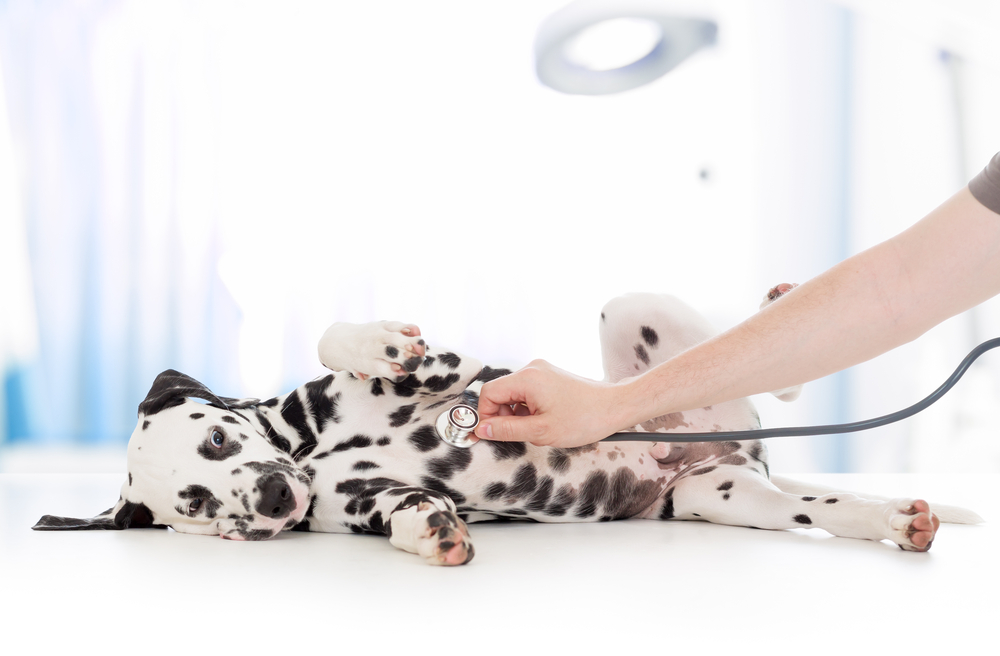
If you’re a proud puppy or kitten owner, you are in luck. Juvenile pets are typically much more willing to accept restraint, handling, car rides, travel carriers, and veterinary visits, so accustom your young pet to these experiences as early and as often as possible. With enough practice and desensitization, your tiny friend will likely willingly accept visits to the veterinarian—we dare say they may actually enjoy them!
If all else fails, we are happy to prescribe anti-anxiety medications, which can make a world of difference for your pet, and you.
At Highlands Veterinary Hospital, we do our best to ensure your pet experiences a calm and inviting visit each time they enter our facility. With our gentle but effective restraint techniques, efficient protocols, and caring staff, we are committed to addressing your pet’s health in a fear-free environment. To see for yourself, contact us to set up an appointment.


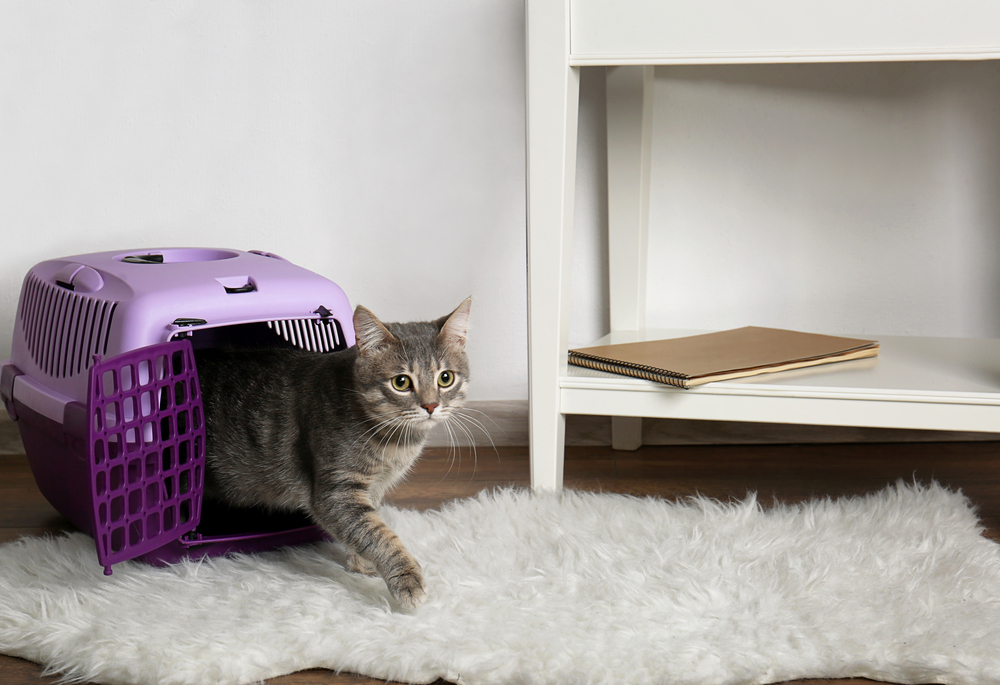
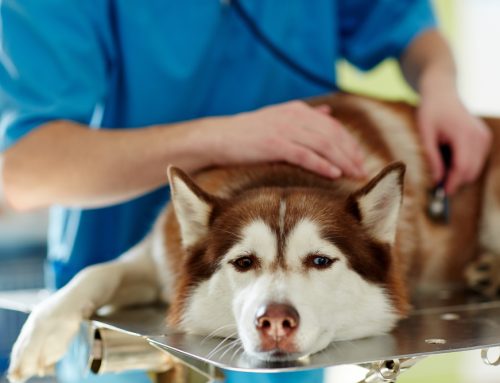

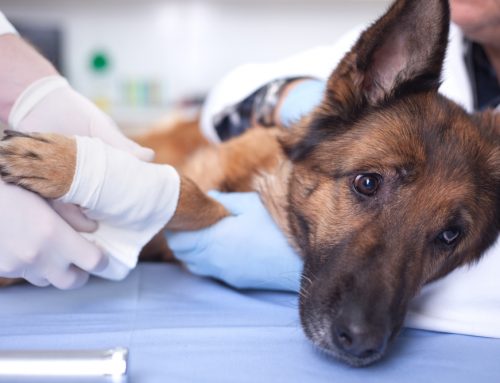
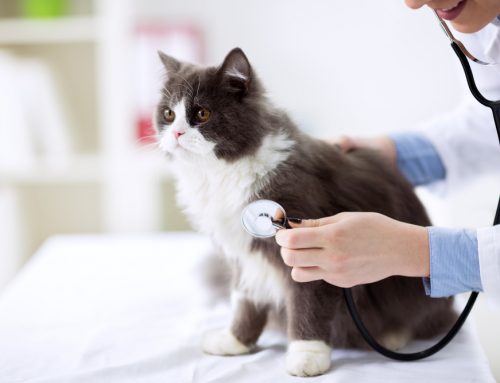
Leave A Comment